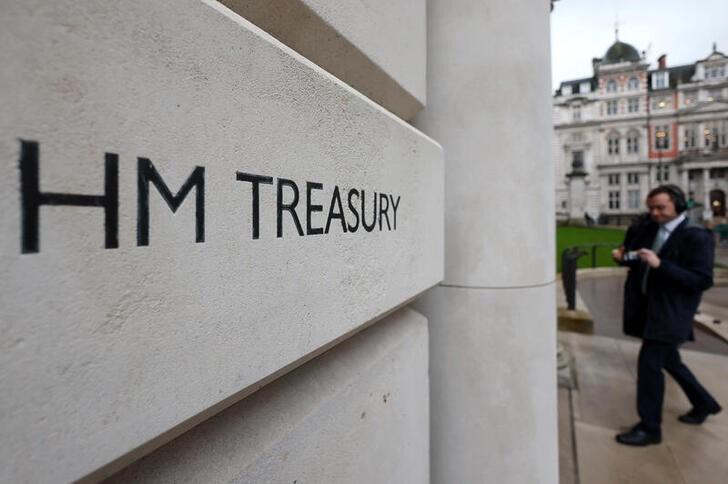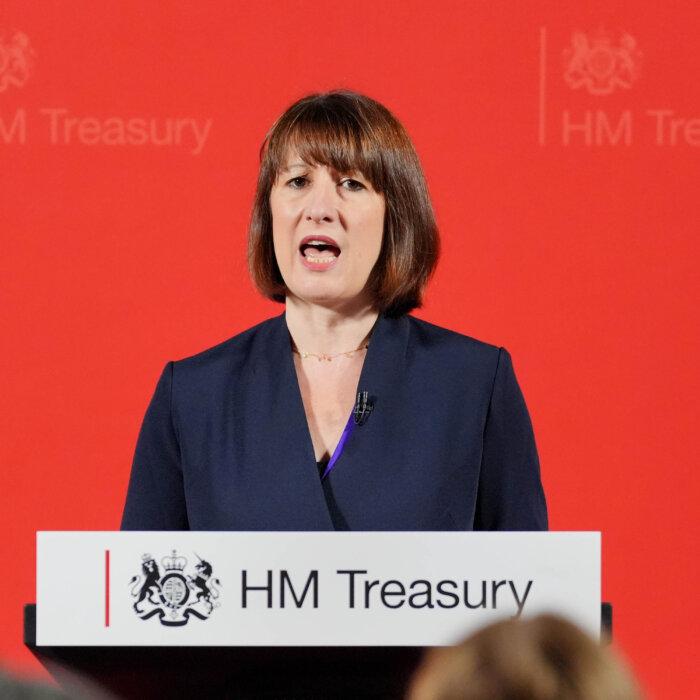The government needs to define its priorities better and make five-year spending plans, a think tank said on Thursday.
The Institute for Government (IfG) also called on the treasury to not avoid making commitments prematurely and to stick to spending plans once they are set.
The recommendations came after Chancellor Rachel Reeves launched a multi-year spending review that will set departmental budgets for at least three years.
However, Reeves will only announce plans for for the rest of this financial year and the year 2025–2026 in her first budget on October 30, the chancellor has said.
In a report published on Thursday, the IfG said while shorter-term plans are appropriate under some circumstances, such as in 2024 when a change of government was anticipated, Whitehall departments need to get spending plans covering five years as a general rule to reduce uncertainty.
The think tank said the plans should be set out at least six months in advance and be reviewed every three years.
For large infrastructure projects and public sector capital programmes that are longer term than the spending review period, it recommended spending settlements beyond five years.
Better Defined Missions
The think tank also used the handling of the levelling up programme under former Prime Minister Boris Johnson to illustrate how the ability to make informed decisions and balance trade-offs were undermined because of previous governments’ poorly defined priorities.“What was meant by ‘levelling up’—the outcomes government wanted to achieve—was inadequately defined going into the 2020 and 2021 spending reviews, which meant those processes were left to budget for an ambiguous ambition.
“And when the eventual white paper was published in 2022, it was left having to reflect the budgetary allocations already made across government.”
The IfG said the lack of clear definition has limited the potential to redirect resources to the government’s goal to tackle regina disparity and disempowered ministers and civil servants who were trying to deliver them.
Besides the Tory governments, there were also lessons to be learned from Labour and the coalition governments.
The IfG said New Labour’s use of public service agreements was useful, but the first iteration had been retrofitted, meaning they didn’t guide genuine decision making, and covered too many—around 600—objectives, to allow real prioritisation.
The coalition agreement, on the other hand, was “a set of pledges to be ticked off when delivered, not a set of outcomes the government was trying to achieve,” therefore becoming increasingly restrictive over the course of the Parliament, the report said.
The think tank called on ministers to clearly define their priorities ahead of spending reviews, and to avoid early settlements or ring-fencing spending from the start of a review to allow a comprehensive assessment of trade-offs.
It also urged ministers to set out “robust multi-year spending baselines for each department” at the start of the spending review process to understand challenges departments face and how to tackle them.
The UK’s current approach to produce baselines “appears to be quite crude, opaque and unsystematic relative to practices in other countries,” the report said.
The think tank called for an independent body to to scrutinise multi-year spending baselines and plans and an “Expenditure Committee” to scrutinise spending reviews both during the process and afterwards.
It also said spending reviews need to take demand-led spending and tax expenditures into consideration on top of predictable elements of spending.







